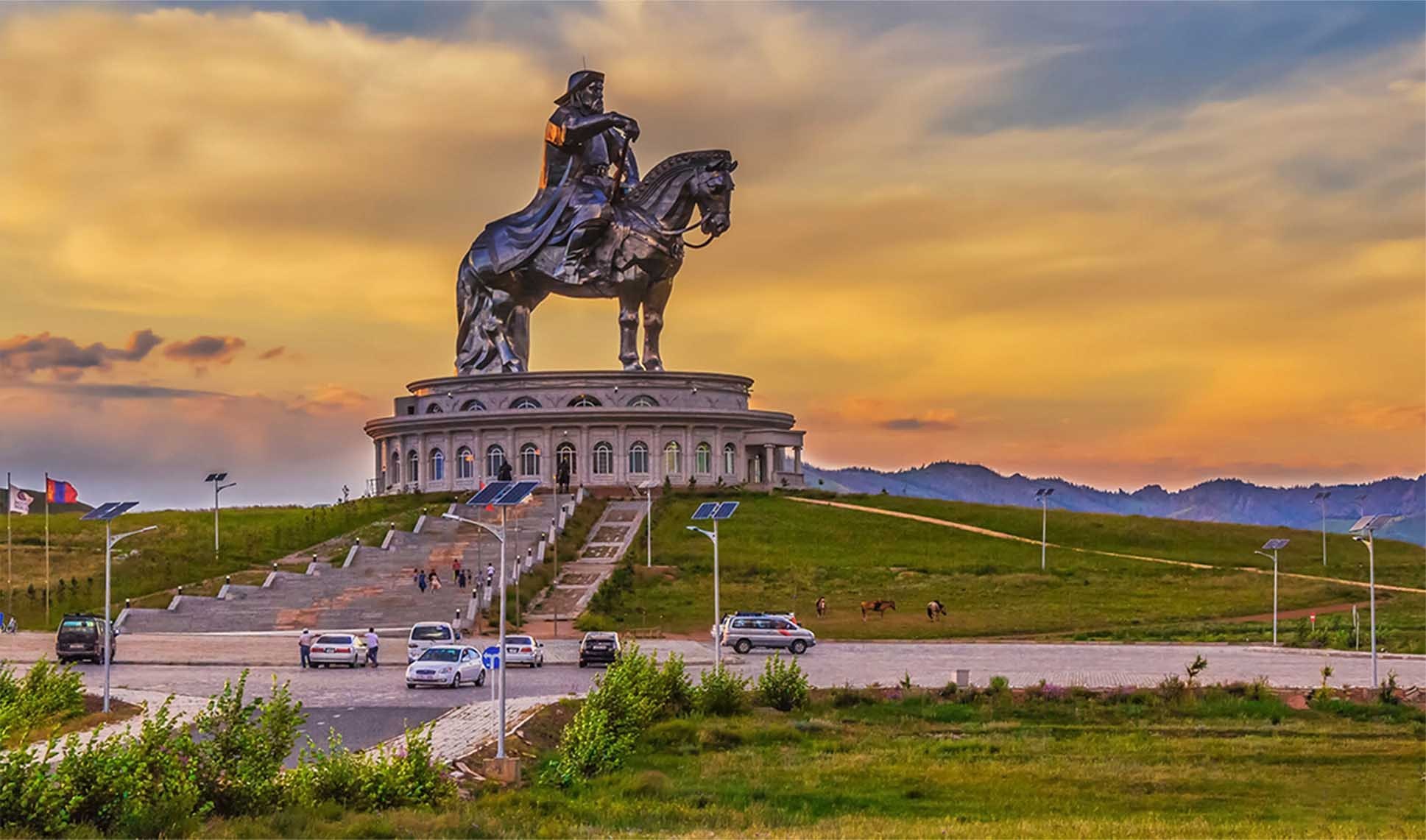Mongolia’s Quest for a Singe-State NWFZ Norm
Seminar
Ambassador Dr. Jargalsaikhan Enkhsaikhan
In this meeting with one of Mongolia’s experts on nuclear issues, Ambassador J. Enkhsaikhan will talk about his country’s practical experience of promoting a novel concept of single-State NWFZ, its challenges, why it is important not only for Mongolia but also for many other small states, and how it can contribute to reducing grey areas and blind spots in the emerging nuclear-weapon-free world.
As of today, dozens of states are not parties to political or military alliances nor to regional NWFZs. Some of them for geographical or valid political reasons cannot be part of such zones, where the logic of strength in numbers applies, that leaves them vulnerable to various pressures to accept, if not nuclear weapons, then parts of nuclear weapons systems and thus making them ‘legitimate’ targets of hostilities. Hence the importance of recognition by the international community of single-State NWFZs and the P5 pledge not to violate them.
Mongolia, land of Genghis Khan, sandwiched between the nuclear weapon states Russia and China, has been promoting its own distinctive non-aligned policy toward great power rivalries. Its approach to nuclear security issues shows not only the challenges that small, non-nuclear states face when dealing with nuclear-weapons related issues but also how they can contribute to regional peace and stability by leveraging whatever comparative advantage they may have. In the case of Mongolia, the P5, in 2012, have signed a joint declaration pledging that they would respect its unique status and would not contribute to any act that would violate it. The logical question arises that if a small non-aligned state can contribute to promoting confidence and predictability, then larger states—especially influential allies that have the ear of nuclear-weapon states—can contribute even more to reducing the common threat.

